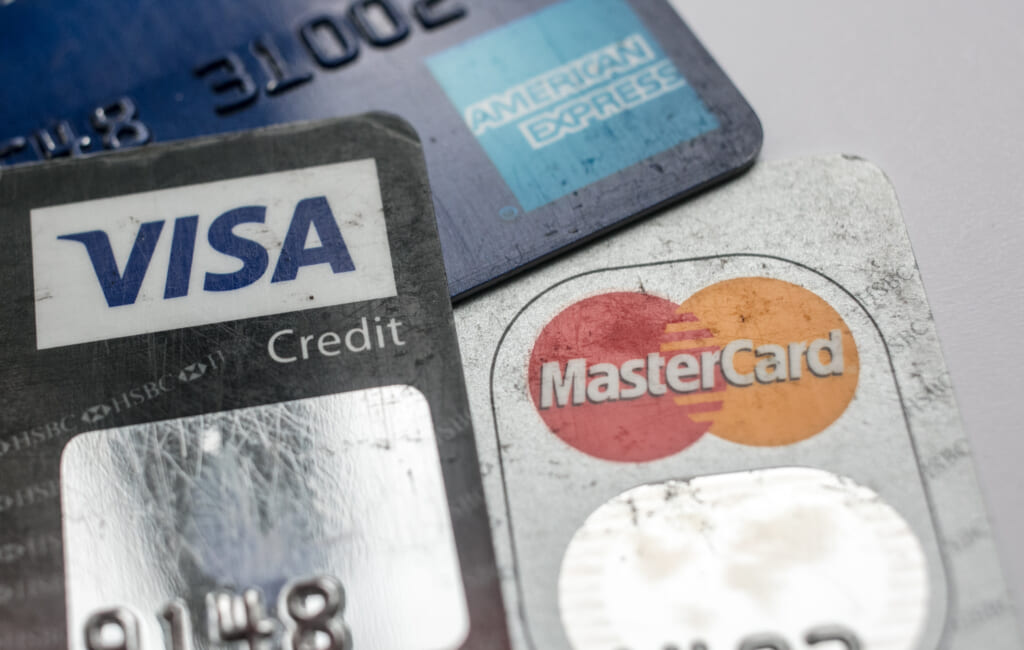Inaccurate credit scores unfairly impact minorities
In today's society, credit is necessary for everything from financing a car to getting a cell phone.
According to an article written for Bloomberg Law by Jason Gross, CEO of Petal, our credit scoring system has issues not merely concerning the accuracy and reliability of the system, but also in terms of justice, equity, and fundamental fairness.
“It is time to stop relying on outdated credit scores and time to start using the data at hand for “cash scores” that would evaluate the creditworthiness of millions of consumers who don’t have a credit score or have a score that is inaccurate or outdated — disproportionately young, Black and Hispanic, immigrant, and low-to-moderate-income consumers,” says Gross.
Read More: How to protect your credit score during the COVID-19 crisis
As reported by the Wall Street Journal, banks are “flying blind into a credit storm” and are drastically cutting back on loans to U.S. consumers for the express reason that banks can no longer determine who is worthy of credit.
During the pandemic, credit scores have continued to rise despite the real economy suffering the worst quarterly decline in modern times. Due to the swiftness of the crisis and the many extensions banks have granted consumers, delinquent payments aren’t showing up on credit reports and most likely won’t show up for many months down the road.
Since lenders can’t ascertain which consumers are unable to pay, they are forced to slow down the lending process, which reduces available credit for everyone, especially people with less than excellent scores, at a time when consumers need it most.
And credit scores are not just falling short in their accuracies due to coronavirus. The reality is that our current credit system has long disadvantaged Black people and other people of color.
This goes back to the practice of redlining in the 1930s. Redlining was the systematic denial of credit in Black neighborhoods and other areas where people of color resided. The effects of this practice are still felt today.
Read More: AT&T accused of ‘digitally redlining’ poor neighborhoods with slower Internet
In today’s society, credit is necessary for everything from financing a car to getting a cell phone, and the consequences of lacking a good credit score can cost consumers hundreds of thousands of dollars over the course of a lifetime.

With the tools available today, the credit industry could look beyond credit scores and conduct a more holistic approach to evaluating a consumer’s financial picture, according to Gross.
This approach would including looking at the consumer’s income, savings, and bill paying history to get a more accurate assessment of their creditworthiness.
Have you subscribed to theGrio’s podcast “Dear Culture”? Download our newest episodes now!
